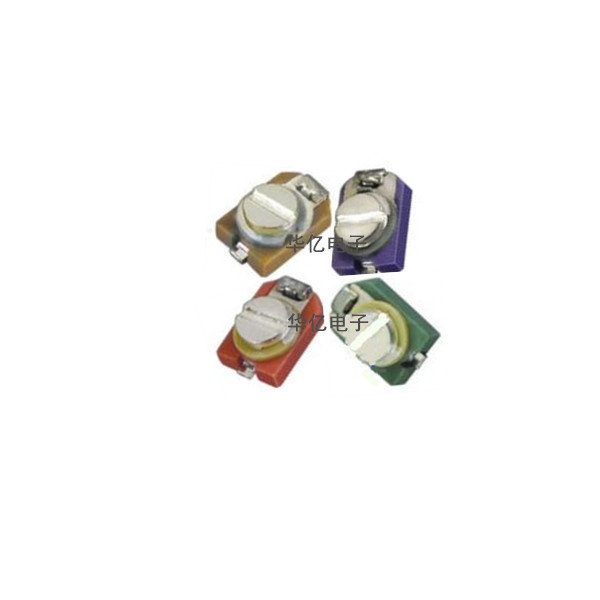The European Central Bank announced on the 17th that it will lower the three key interest rates in the eurozone by 25 basis points each. This is the seventh time the bank has lowered interest rates since June last year. Analysts believe that the recent excessive tariffs imposed by the United States have rapidly raised concerns in the market about exports, inflation, and economic prospects in the eurozone. The European Central Bank needs to achieve multiple goals such as controlling inflation, preventing recession, and mitigating risks, and future monetary policy formulation may be more cautious.
With the recent escalation of global trade tensions caused by US tariff policies, the uncertainty faced by the eurozone economy has significantly increased. European Central Bank President Lagarde stated that global trade frictions, financial market volatility, and geopolitical tensions are undermining business investment confidence, weakening household consumption willingness, and exacerbating the risk of economic downturn in the eurozone. Lagarde pointed out that trade tensions may hinder exports, and the imposition of tariffs by the United States may also lead to supply chain adjustments, deteriorating market confidence, and tightening financing conditions, thereby posing a substantial drag on economic growth in the eurozone.
Carsten Brzeski, head of macro research at Dutch International Group, stated that the US tariff policy has changed the market's expectations for global economic growth. The rapid appreciation of the euro, the decline in energy prices, and changes in external demand have collectively intensified the input based deflationary pressure faced by the eurozone.
The latest data shows that inflation in the eurozone continues to decline, with overall and core inflation showing a downward trend in March. The increase in service prices has slowed down significantly in the past few months, while wage growth has shown a slowing trend, leading to a decline in corporate profits. At the same time, the growth momentum of the Eurozone economy is still insufficient, and the relaxation of the financial environment has failed to effectively stimulate the financing willingness of enterprises and residents.
Deutsche Bank Chief Economist Mark Wall believes that against the backdrop of declining inflation and sluggish economic growth, the European Central Bank may take further interest rate cuts. But he also pointed out that the premise of this prediction is that inflation and wage levels remain in a moderate adjustment state.
In addition, multiple experts have pointed out that the current monetary policy of the European Central Bank is lagging behind. Ulrich Carstens, a strategist at Deutsche Asset Management, stated that although financial conditions have gradually eased, the actual willingness of businesses and residents to borrow and invest remains low due to concerns about the economic outlook, and the transmission of monetary policy has not been fully effective.







